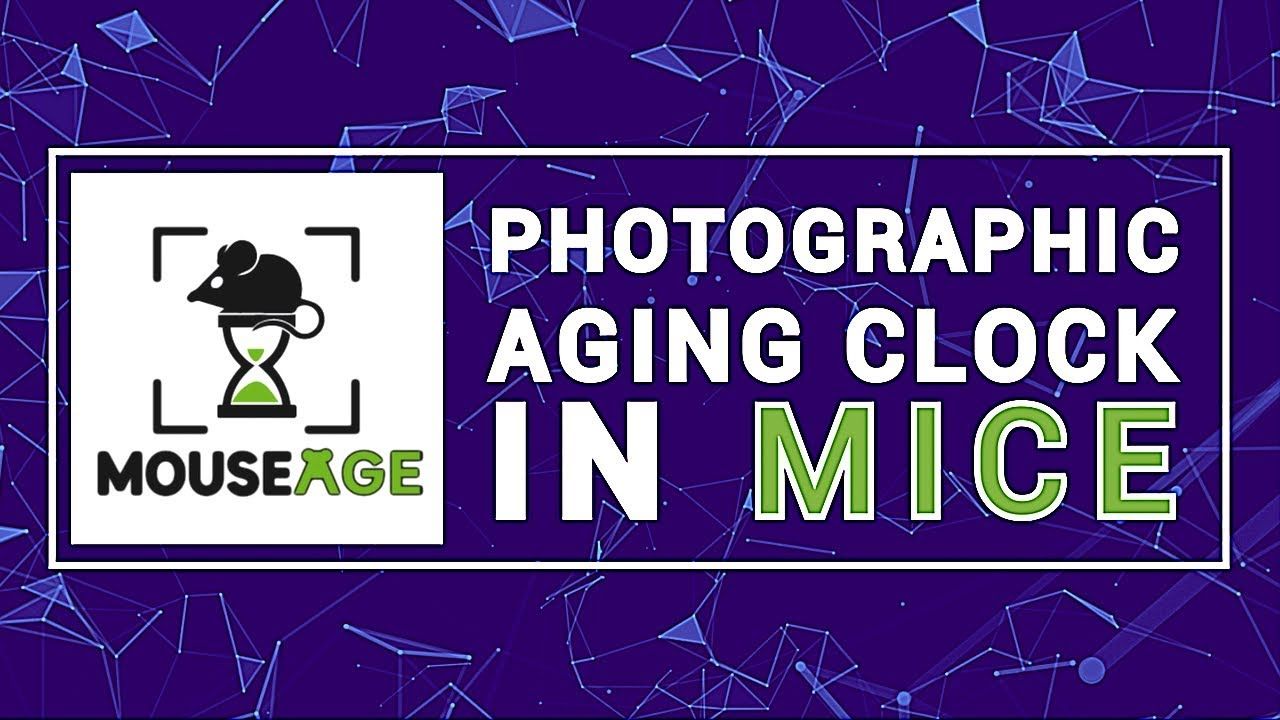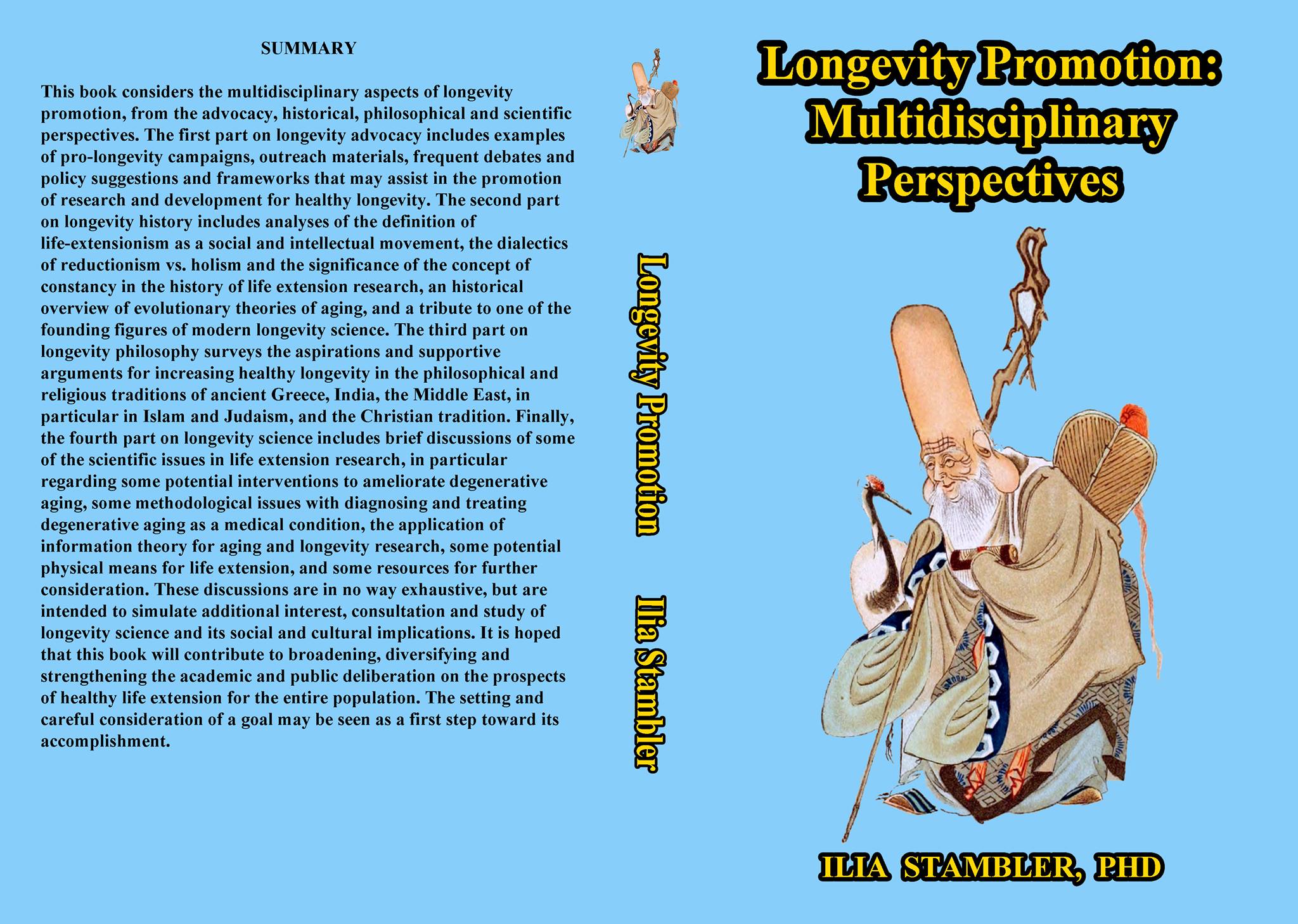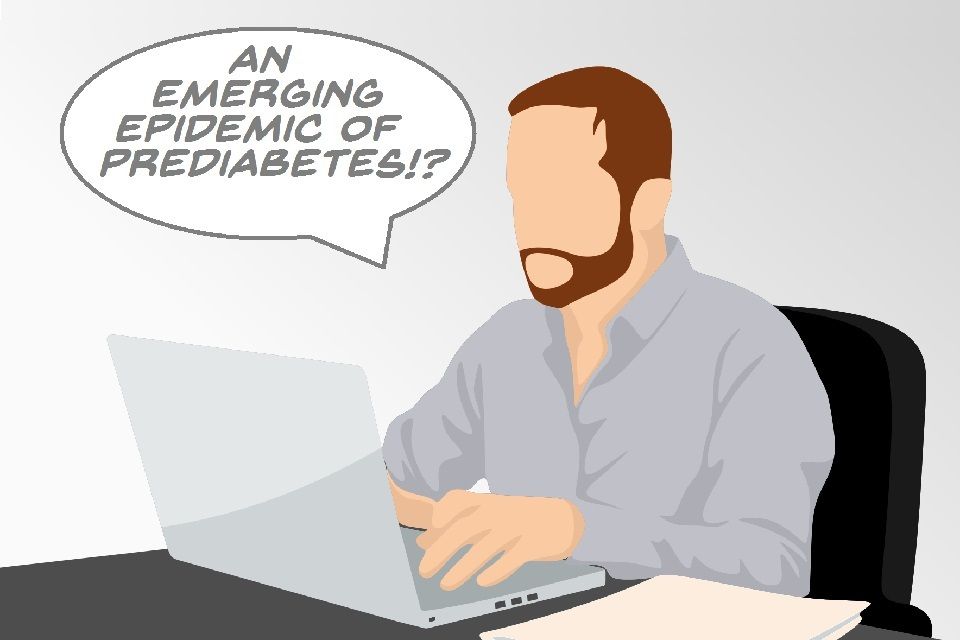Oct 9, 2017
Anti-aging drug breakthrough
Posted by Ian Hale in categories: biotech/medical, life extension, neuroscience
The work, published in the March 8 issue of Science, finally proves that a single anti-aging enzyme in the body can be targeted, with the potential to prevent age-related diseases and extend lifespans.
The paper shows all of the 117 drugs tested work on the single enzyme through a common mechanism. This means that a whole new class of anti-aging drugs is now viable, which could ultimately prevent cancer, Alzheimer’s disease and type 2 diabetes.
“Ultimately, these drugs would treat one disease, but unlike drugs of today, they would prevent 20 others,” says the lead author of the paper, Professor David Sinclair, from UNSW Medicine, who is based at Harvard University. “In effect, they would slow aging.”


















